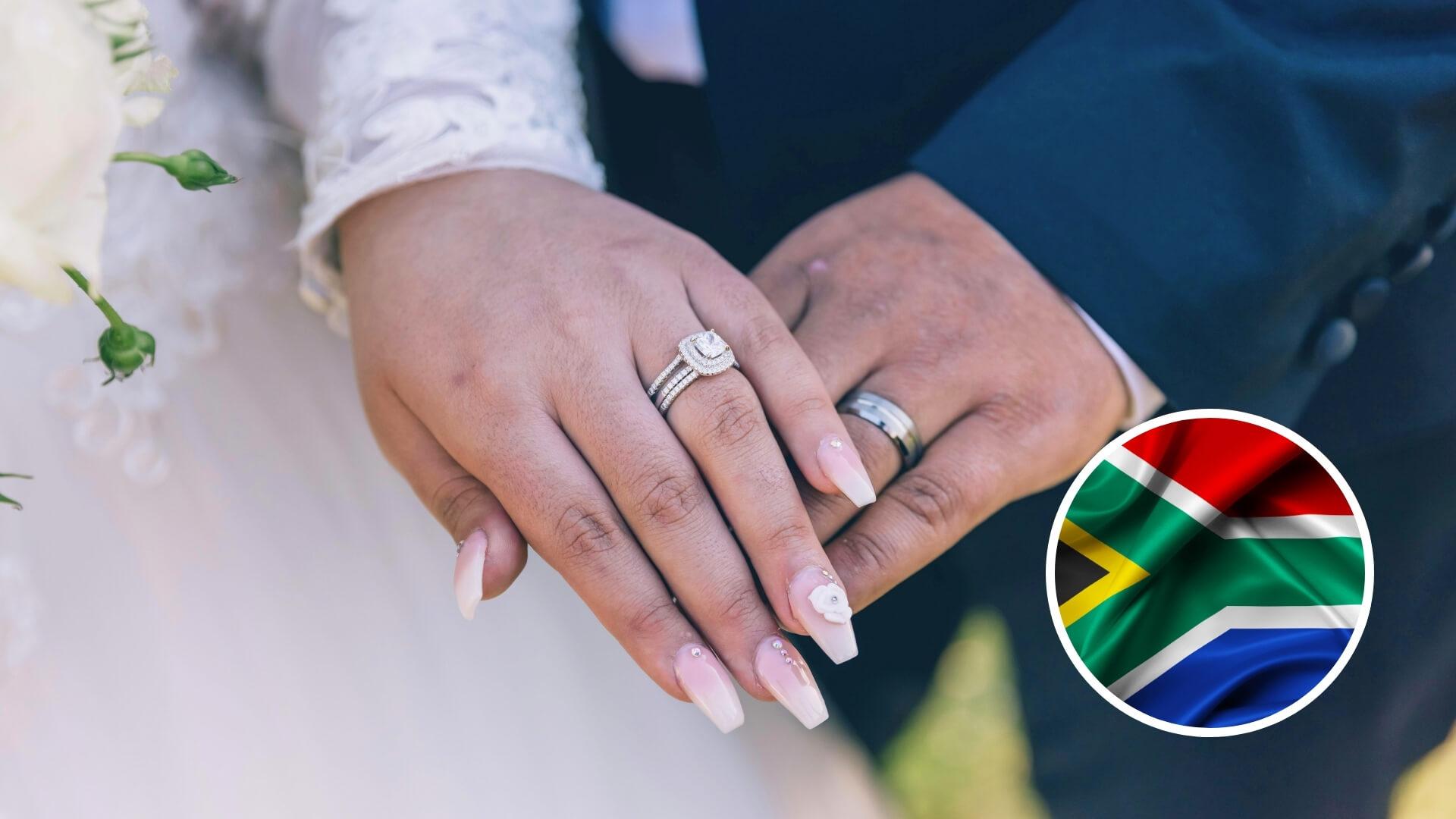Landmark change: South Africa’s top court clears the way for men to legally take their wives’ surnames, rewriting equality into the country’s marriage code.
South Africa’s Constitutional Court has delivered a landmark ruling affirming that husbands can legally take their wives’ surnames—a change hailed as a major advance for gender equality and the dismantling of colonial-era laws.
The unanimous decision, handed down on September 11, struck down provisions of the Births and Deaths Registration Act that for decades barred men from adopting their wives’ surnames.
Under the old regime, women could automatically assume their husbands’ surnames, while men encountered significant legal barriers or outright refusal.
The case was brought forward after two couples challenged the restrictions. Henry van der Merwe sought to honor his late in-laws by taking his wife’s surname, but was denied.
Andreas Bornman faced similar obstacles when attempting to hyphenate his surname with his wife’s. The court ruled these prohibitions unconstitutional, declaring them discriminatory “based on gender” and incompatible with the equality guaranteed in South Africa’s 1994 Constitution.
Justice Leona Theron, writing for the court, observed that in many African cultures, women keep their birth names after marriage, and children often inherit their mother’s clan name.
She described the practice of women adopting their husband’s surname as a colonial imposition rooted in foreign legal traditions, not indigenous custom.
The ruling suspends the enforcement of the restrictive law and gives Parliament two years to amend the legislation. In the interim, men are free to assume or resume their spouse’s surname without penalty.
Civil society groups and rights advocates welcomed the judgment as a major milestone in eliminating outdated legal frameworks that perpetuated unequal gender roles.
The Department of Home Affairs and the Ministry of Justice accepted the court’s finding, acknowledging that the law was outdated and inconsistent with constitutional rights.
Public responses have been divided, with many praising the decision as progressive, while others question its impact on cultural traditions.
The Constitutional Court’s decision does not dictate cultural practice but secures equal legal choice for all couples.
South Africa’s laws must evolve beyond their colonial legacy to reflect constitutional values of equality and dignity—one name at a time.
Leave a comment
Your email address will not be published. Required fields are marked *





